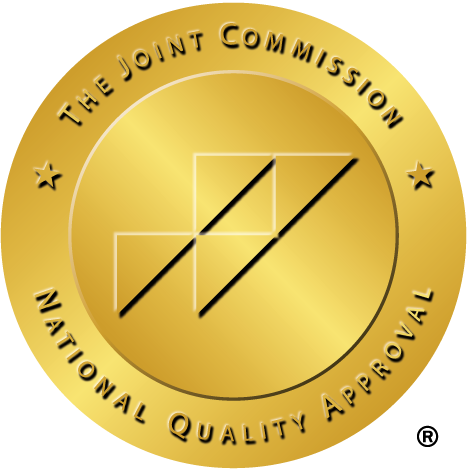
You’ve been enjoying the drink called Pink Whitney but then you wonder, is Pink Whitney vodka? What is this pink alcoholic drink made of? Is it strong enough for you to get drunk? These questions might be running through your mind as you sip on this cocktail.
In this blog post, we will answer all your questions about Pink Whitney and share some interesting facts about this popular drink. We will also talk about whether indulging in too much Pink Whitney can make you drunk.
Pink Whitney: Is It Vodka or Not?
Yes, Pink Whitney is a popular flavored vodka cocktail that tastes sweet and refreshing. It is crafted by combining New Amsterdam Vodka with pink lemonade. This unique combination has made Pink Whitney a hit among vodka enthusiasts and cocktail lovers.
The origins of Pink Whitney can be traced back to the world of sports. It is named after NHL hockey player Ryan Whitney, who became known for his love of pink lemonade mixed with vodka. The drink gained popularity when Ryan Whitney and former NHL player Paul Bissonnette started talking about it on their podcast, “Spittin’ Chiclets.”
The podcast’s large following quickly caught wind of the Pink Whitney phenomenon, and fans began requesting the drink at bars and liquor stores. Recognizing the demand, New Amsterdam Vodka partnered with Barstool Sports to create an official Pink Whitney product.
The distinctive taste and association with popular sports figures helped Pink Whitney skyrocket in popularity. Its success is also attributed to its delicious flavor profile, which strikes a perfect balance between sweet and tangy. The infusion of pink lemonade adds a unique twist to the traditional vodka experience, making Pink Whitney stand out from other flavored vodkas in the market.
One significant difference between Pink Whitney and regular vodka lies in its alcohol content. While most vodkas typically have an alcohol by volume (ABV) of around 40%, Pink Whitney has a slightly lower ABV of 30%. This lower alcohol content allows the flavors of the pink lemonade to shine through, creating a smoother and more approachable drinking experience. It appeals to those who prefer a milder flavor profile without compromising on the vodka’s character.
Pink Whitney has earned numerous accolades and awards for its exceptional taste. Its infusion of award-winning New Amsterdam Vodka ensures a high-quality base spirit, while the addition of fresh pink lemonade takes it to another level.
Can You Get Drunk Drinking Pink Whitney?
Yes, you can get drunk drinking New Amsterdam Pink Whitney lemonade, just like any other alcoholic beverage. However, since Pink Whitney has a lower ABV than regular vodka, it may take more drinks to reach the same level of intoxication. Additionally, the sweetness and tanginess of the pink lemonade may mask the alcohol’s taste, leading individuals to consume more without realizing their alcohol intake.
Because of this, it’s advisable to be cautious and drink responsibly when indulging in Pink Whitney lemonade flavored vodka or any other alcoholic beverage. It’s also important to note that consuming too much alcohol can have adverse effects on your health, so it’s essential to moderate your intake.

Getting Help for Alcohol Abuse in Beverly Hills, CA
Just like with any alcoholic beverage, it’s possible to develop an addiction to Pink Whitney, especially due to its sweet taste which can mask the presence of alcohol. Continuous consumption can lead to increased tolerance and dependence, resulting in potential alcohol abuse.
If you or a loved one are struggling with a Pink Whitney addiction, it’s crucial to seek professional help. Safe Haven Recovery is a renowned center for alcohol abuse treatment nestled in a serene and exclusive setting in Beverly Hills, CA. Our evidence-based therapies, combined with a holistic approach, provide a comprehensive treatment plan for those battling addiction.
At Safe Haven Recovery, the focus is not just on treating the addiction but also on addressing underlying issues that might contribute to substance abuse. Contact us today to learn more about our treatment programs.









